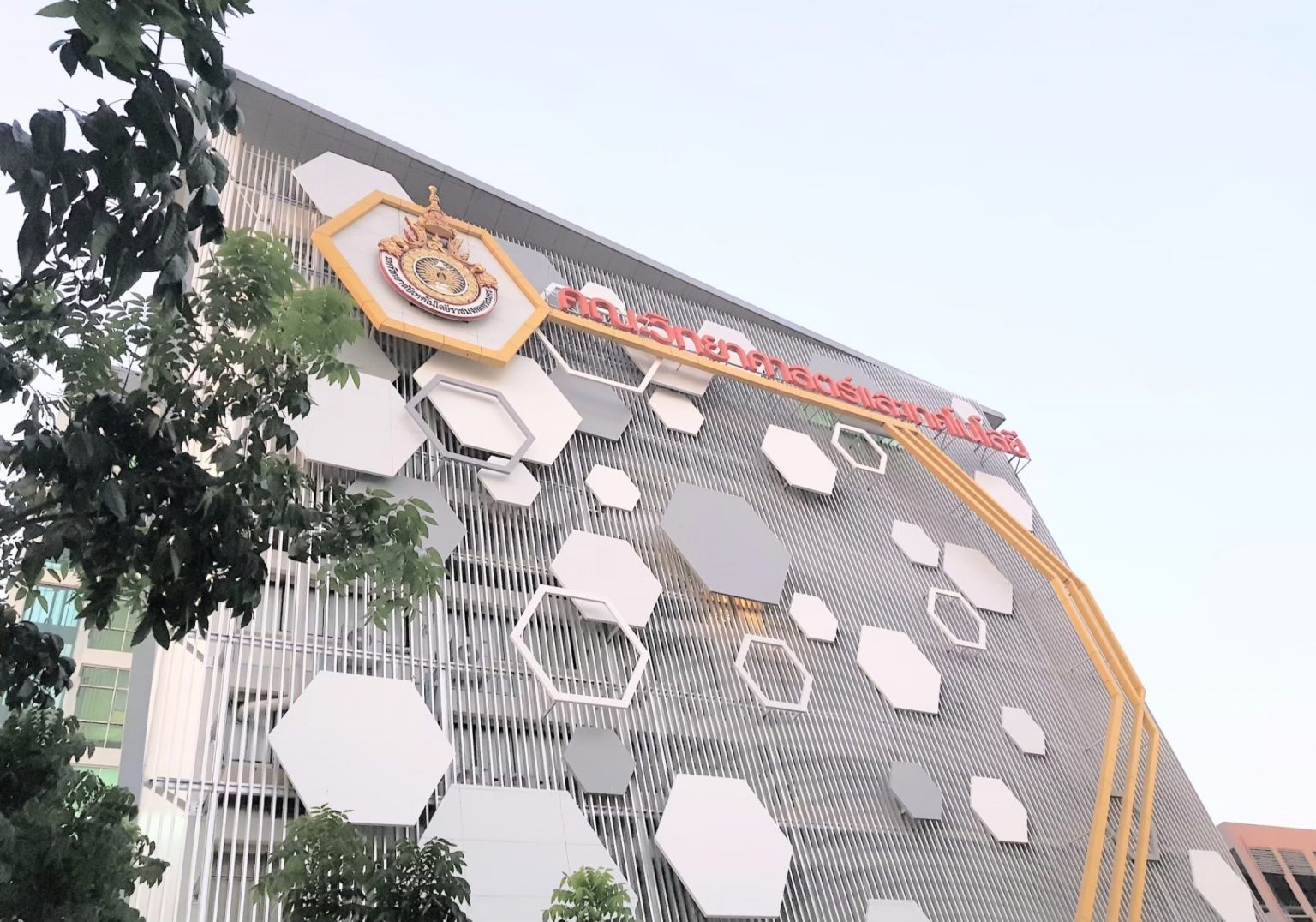
Rajamangala University of Technology Phra Nakhon was established in accordance with the Rajamangala University of Technology Act on January 18, 2005, by combining the five former educational institutions of Rajamangala Institute of Technology including Thewet Campus, Chotiwet Campus, Phra Nakhon Commercial Campus, Chumphon Khet Udomsak Campus, and North Bangkok Campus, At present, it is divided into 4 centers for teaching and learning, namely Thewet Center, Chotivej Center, Phra Nakhon Commercial Center. and North Bangkok Center.
Later, the Faculty of Science and Technology was established under the Ministerial Regulations on the establishment of government departments in Rajamangala University of Technology Phra Nakhon, Ministry of Education B.E. 2549 on November 28, 2006. It is located at North Bangkok Center, 1381 Pracharat 1 Road, Wongsawang Subdistrict, Bang Sue District, Bangkok.
In 2007, the Faculty of Science and Technology began recruiting students and taught in two Bachelor of Science (B.Sc.) programs, namely, Computer Science, and Environmental Science and Natural Resources (later renamed to Environmental Science and Technology). In 2014, the Bachelor of Science (B.Sc.) program in Industrial Materials Science was opened, and in 2019, the Bachelor of Science (B.Sc.) program in Information Science and Technology was opened. In 2023, two more disciplines are opened namely, Bachelor of Science (B.Sc.) program in Health, Cosmetics and Anti-Aging Technology, and Bachelor of Science (B.Sc.) program in Information Statistics. Therefore, at present, the Faculty of Science and Technology compose of 6 Courses include:
- B.Sc. Computer Science
- B.Sc. Data Science & Information Technology
- B.Sc. Environmental Science and Technology
- B.Sc. Industrial Materials Science
- B.Sc. (Health, Cosmetic and Anti-Aging Technology)
- B.Sc. (Information Statistics)
Nowadays, the modern paradigm of educational institutions cannot be focused solely on producing the quality graduates according to the curriculum. Instead, the concept of producing graduates must be changed to produce graduates who are capable of lifelong learning and able to seek knowledge for properly and systematically application based on an enormous database. (Big data)
In addition, the restructuring of the social context to the aging society and the development of technological innovations of the industrial sector to the Industry 4.0 era are a reflection of the changing dynamics. The Faculty of Science and Technology recognizes the importance of teaching and learning in the current era that must be in line with changes in social and industrial structures. Therefore, it is defined as Education 4.0 policy
- Develop the teaching and learning process based on science and mathematics and technology (STEM).
- Develop research, inventions and innovations based on science, mathematics and technology.
- Academic services and knowledge transfer for sustainable development of communities and society in accordance with sufficiency economy philosophy.
- Create a collaboration network
Since 2015, the Faculty of Science and Technology has modernized the building (formerly known as the 40th Anniversary Memorial Building) both inside and outside. The scientific laboratory, information technology, and lecture rooms have been updated to support the development of teaching and learning in accordance with the context of digital education management. In addition, the Scientific Instrument and Service Center (SISC) has been set up to provide testing and sample analysis services for students, professors, researchers both inside and outside the university, as well as various public and private industrial sectors.
